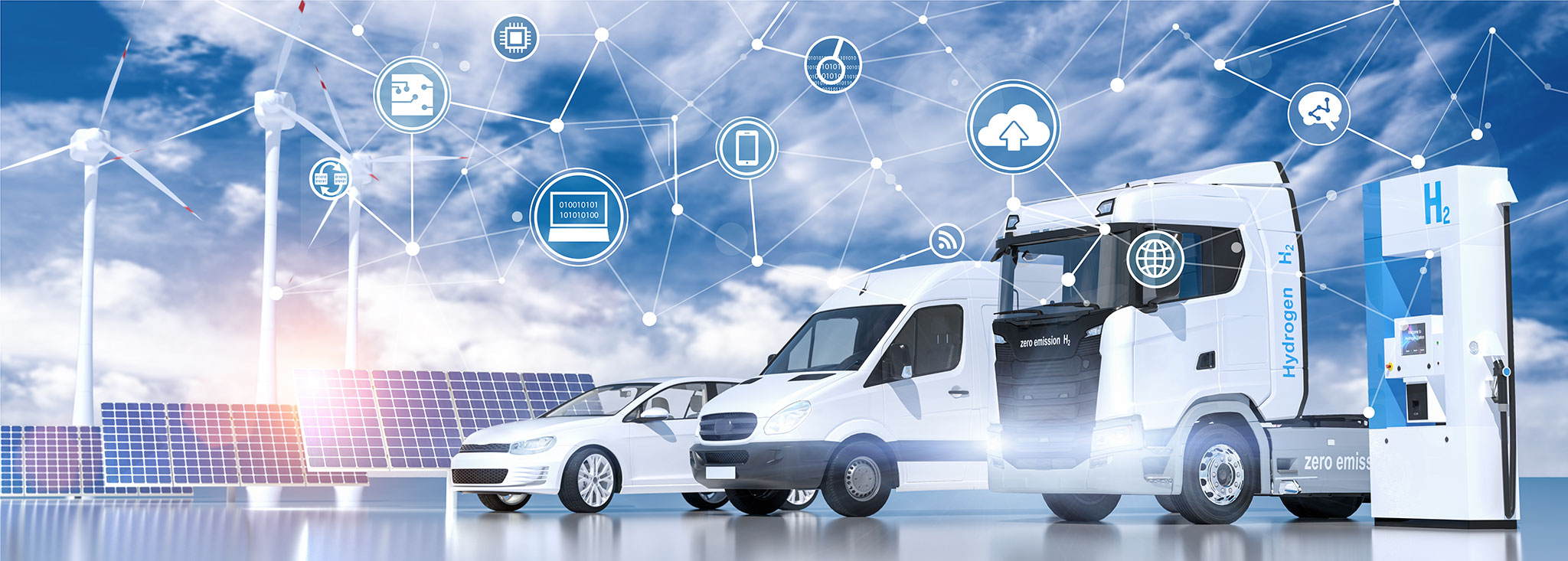Hydrogen as a Central Element of a Sustainable Economic System

To achieve the climate goals of the Paris Agreement we must substantially eliminate fossil energy sources from our global economic system. For example, instead of using oil or gas for heating, mobility or electricity generation, a regenerative energy system needs to be established.
However, there is a wide variety of applications that is difficult to be operated electrically because they consume too much energy, such as high-temperature processes in the manufacturing industry or heavy duty engines used in aviation, shipping or heavy goods transport. Even in the future most of these applications will rely on e-fuels.
Here, climate-neutrally produced hydrogen becomes the crucial link that covers both requirements: meet the kind of energy needs of these applications and transform them into a sustainable economic system due to its own regenerative production.
Thus, hydrogen will help, not only to selectively avoid greenhouse gas emissions, but especially to transform our conventional system into a truly sustainable one.